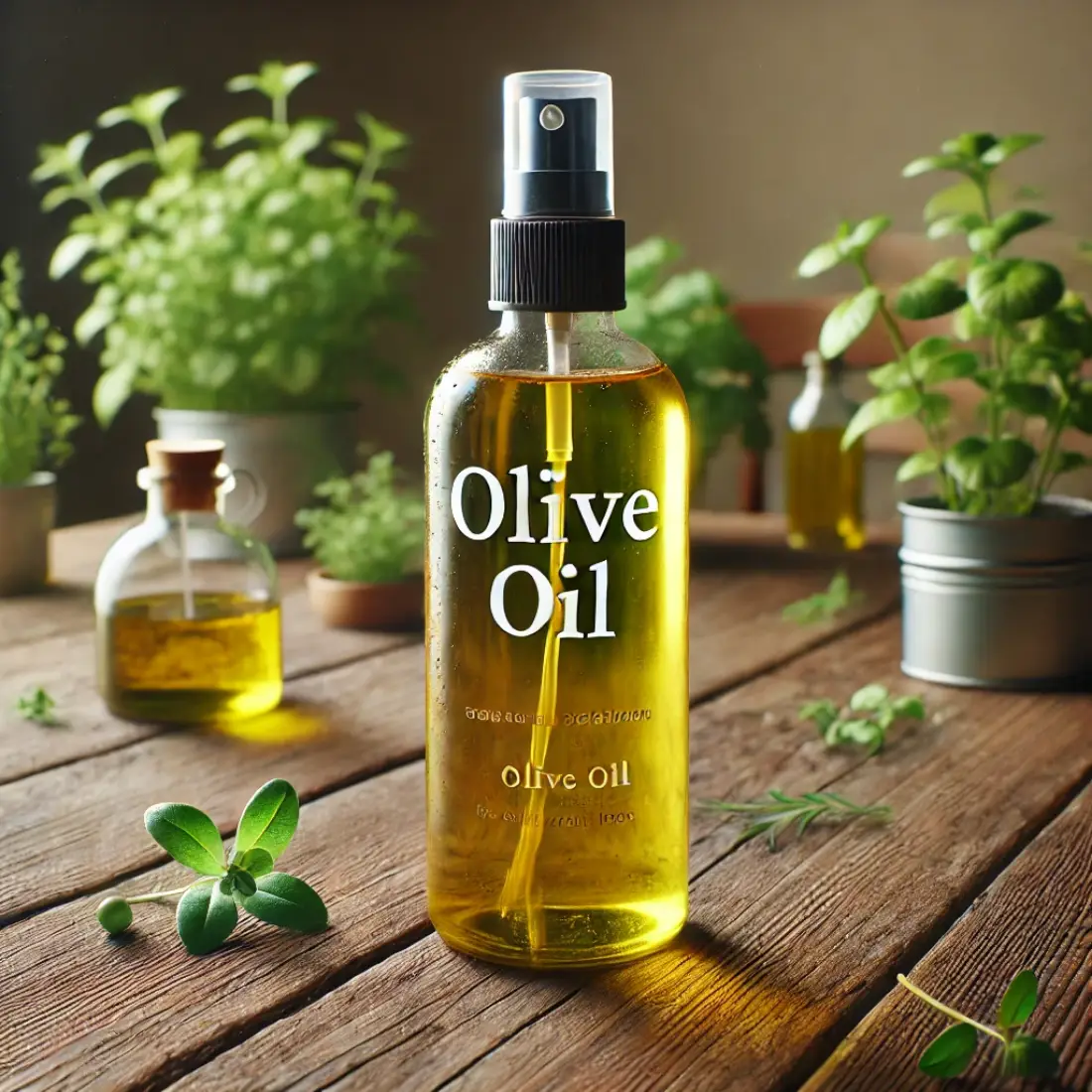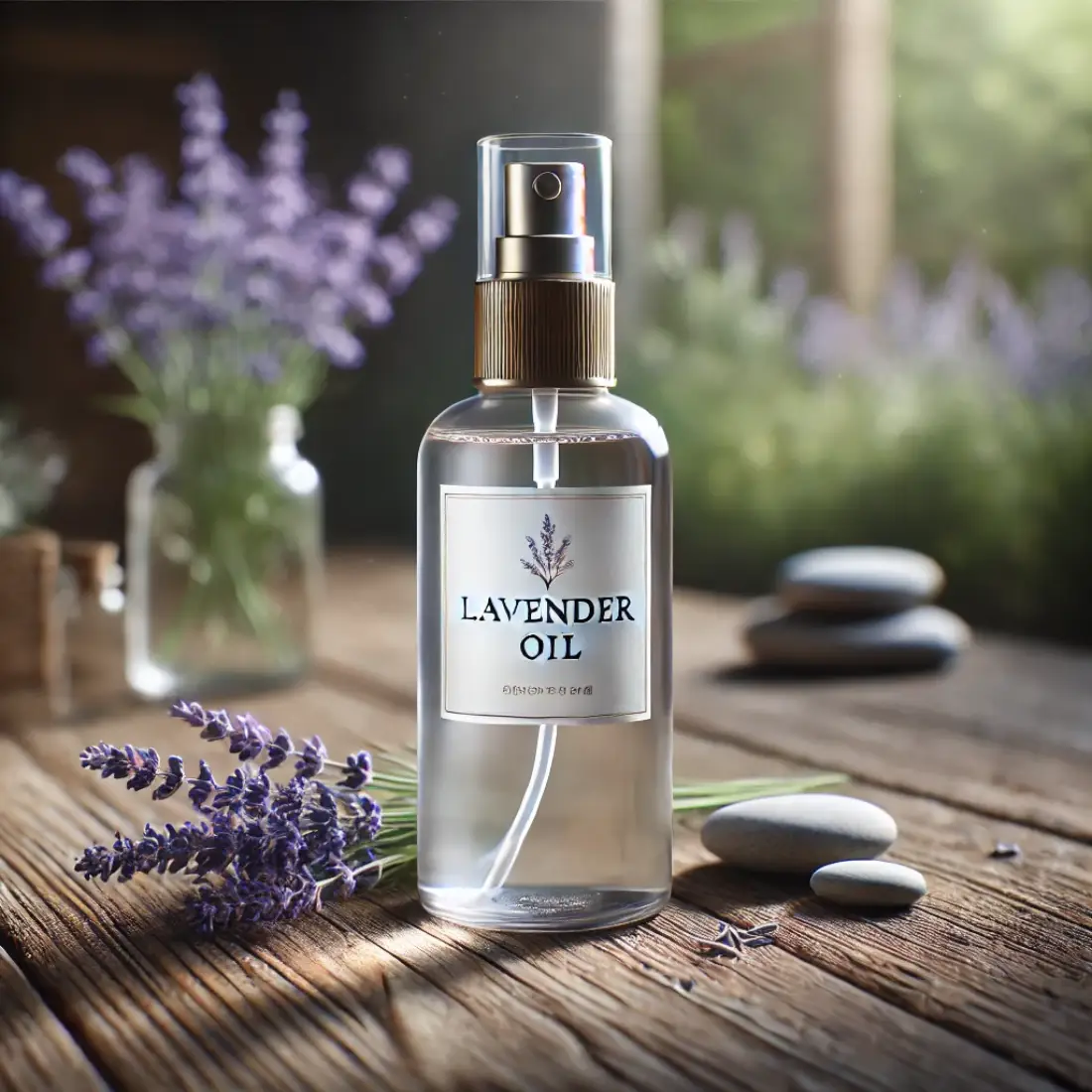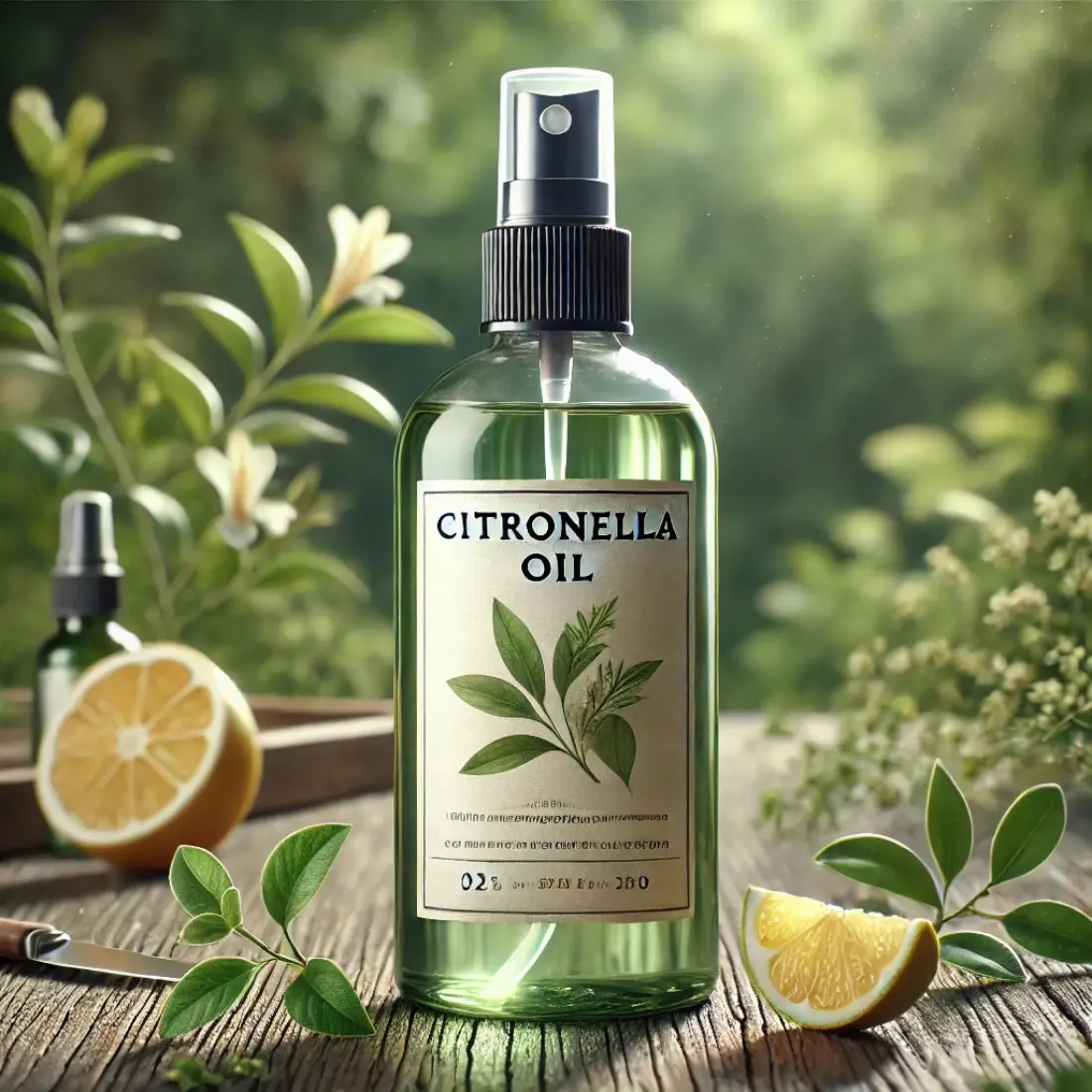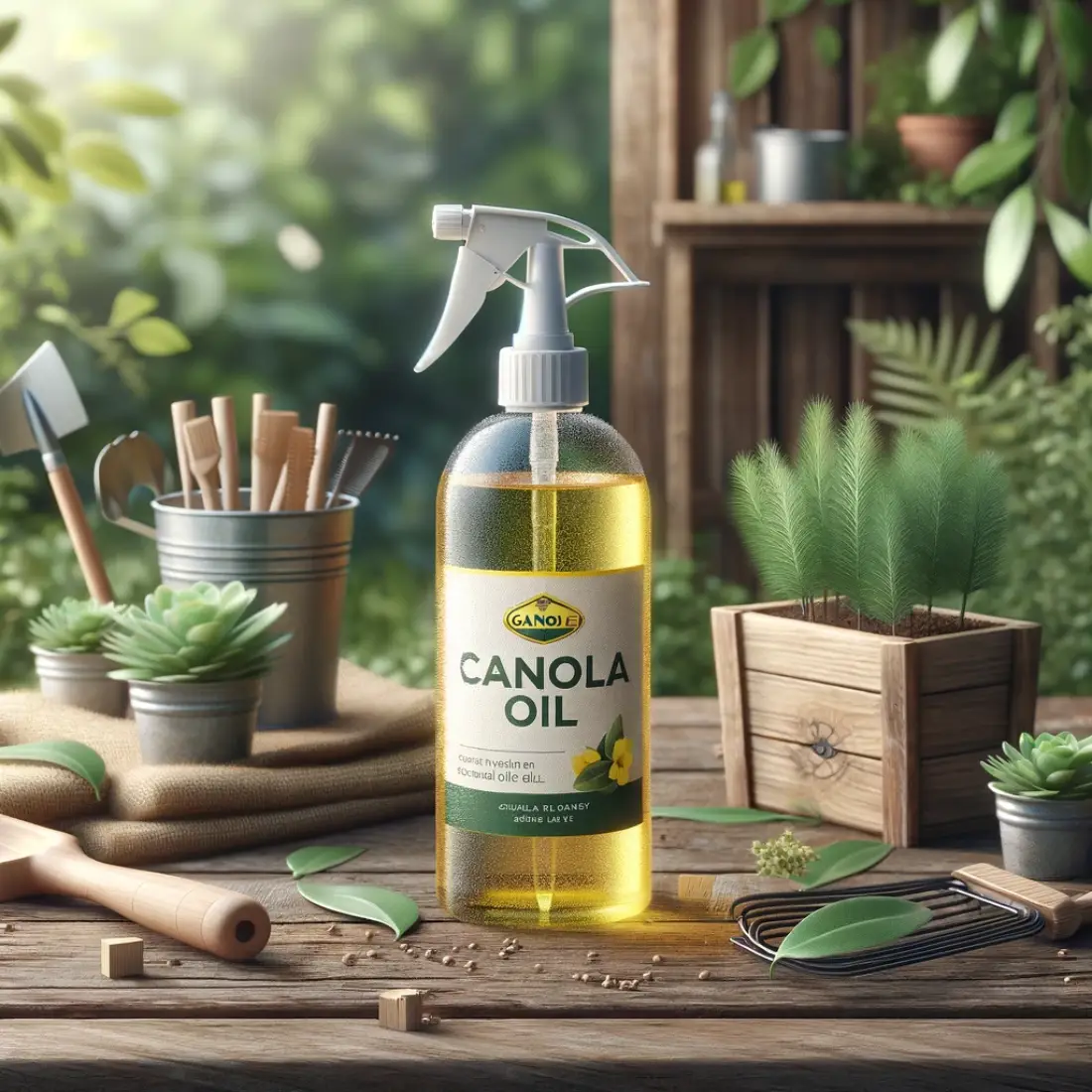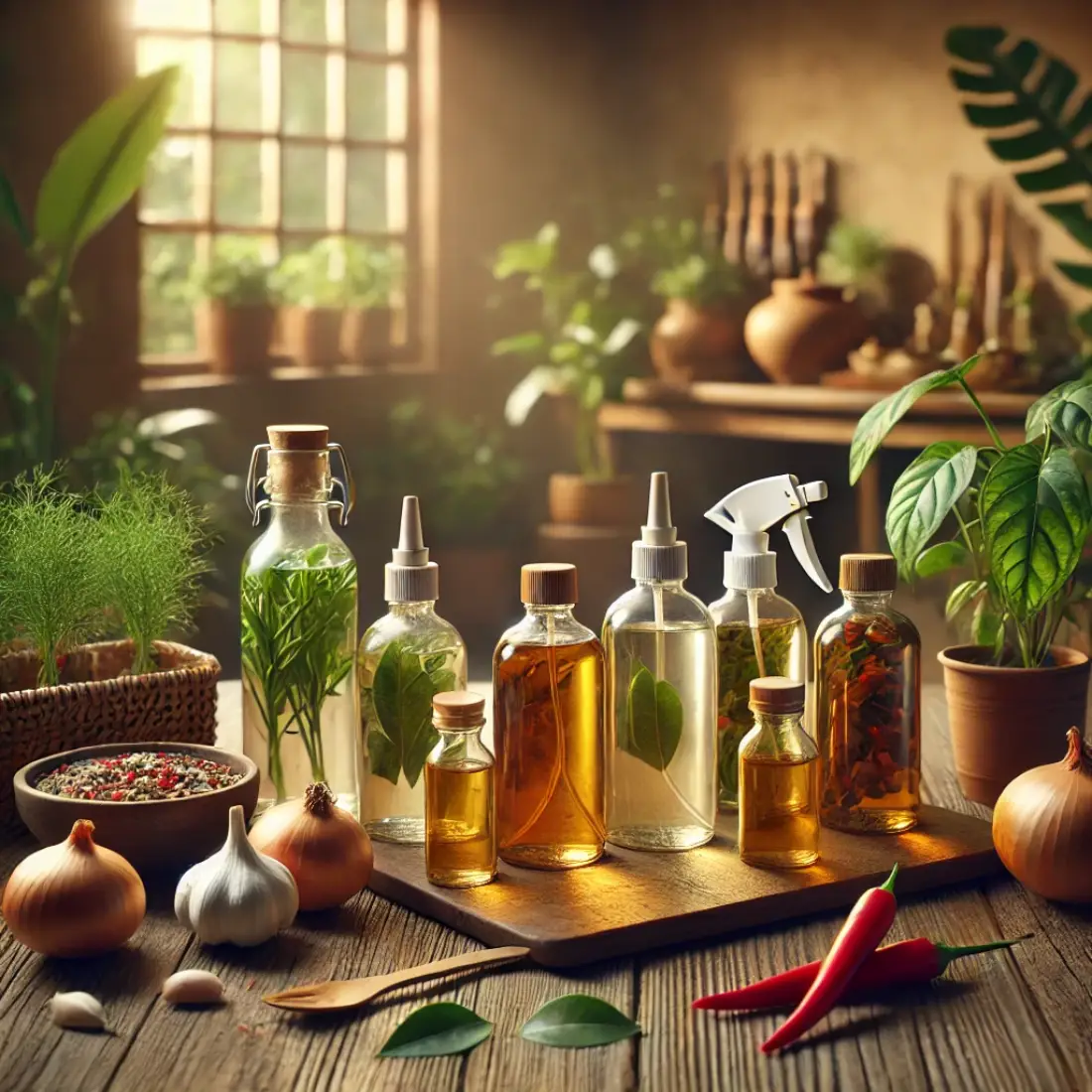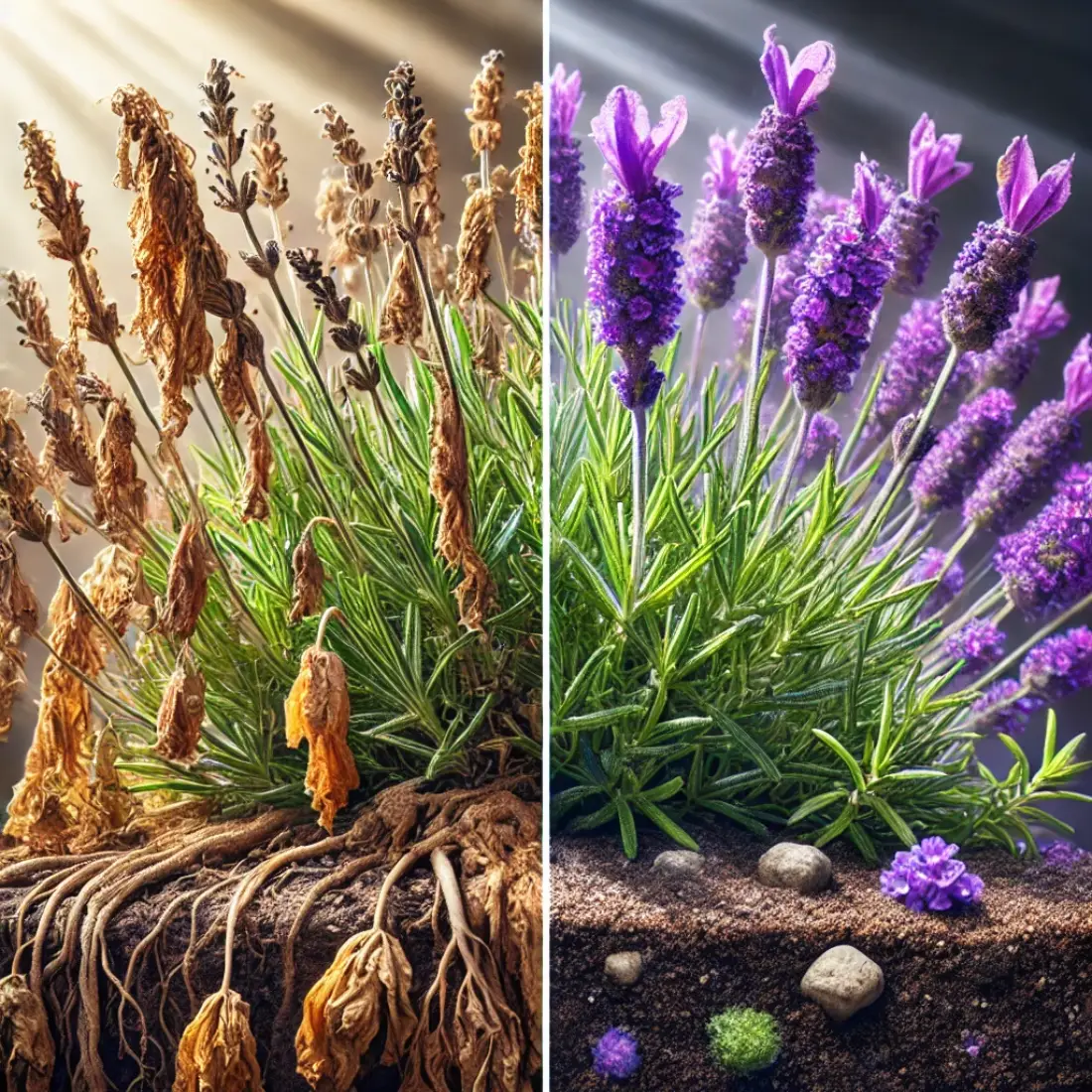Olive oil can be used as a natural pest repellent, helping to keep harmful insects at bay without resorting to harsh chemicals. It also enhances plant health by providing a protective sheen to leaves, which can deter pests and prevent disease.
Additionally, olive oil can act as a weed deterrent, making it easier to maintain a clean, healthy garden environment.From natural pest control to enhancing plant vitality, olive oil offers a range of benefits that align perfectly with the principles of organic gardening.
- Olive oil is a natural, eco-friendly solution for common gardening challenges, making it ideal for organic gardening.
- It acts as an effective pest repellent, helping to keep harmful insects like aphids and mites away from your plants without using toxic chemicals.
- Applying olive oil to plant leaves can enhance their health, providing a protective barrier against diseases and giving them a healthy shine.
- Olive oil can be used as a weed deterrent, preventing the growth of unwanted plants in your garden by suffocating weeds naturally.
- It’s important to use olive oil correctly to avoid potential drawbacks, such as over-application, which can harm plants.
- Incorporating olive oil into your gardening routine can contribute to a more sustainable, chemical-free approach to maintaining a healthy garden.
Practical Applications and Methods for Using Olive Oil in Organic Gardening
Incorporating olive oil into your organic gardening routine can provide numerous benefits, from pest control to plant health enhancement. Below are practical applications and methods to help you get the most out of using olive oil in your garden.
1. Olive Oil Pest Control Spray
Olive oil can be easily transformed into a powerful, natural insecticide that’s both effective and eco-friendly. Here’s how to make and use an olive oil pest control spray:
Ingredients:
- 2 tablespoons of olive oil
- 1 tablespoon of mild liquid soap (like castile soap)
- 1 quart of water
Instructions:
- Combine the olive oil, soap, and water in a spray bottle.
- Shake well to ensure the ingredients are thoroughly mixed.
- Spray the mixture directly onto the affected plants, focusing on the undersides of the leaves where pests often hide.
- Apply in the early morning or late evening to avoid potential leaf burn from the sun.
- Reapply every 7-10 days or after it rains for ongoing protection.
Benefits:
- This mixture suffocates soft-bodied insects like aphids, spider mites, and whiteflies by clogging their breathing pores, leading to their eventual demise.
- Safe for use on a wide variety of plants, including fruits, vegetables, and ornamental plants.
2. Olive Oil Leaf Shine and Disease Prevention
Olive oil can be used as a natural leaf shine that also doubles as a protective barrier against pests and diseases.
Instructions:
- Mix 1 teaspoon of olive oil with 1 cup of water.
- Dip a soft cloth or sponge into the mixture.
- Gently wipe down the leaves of your plants, focusing on the upper surfaces where dust and debris often accumulate.
- Avoid over-application; a light coating is sufficient.
Benefits:
- The olive oil adds a subtle shine to the leaves, enhancing the appearance of your plants.
- It helps to repel pests and prevent fungal spores from sticking to the leaves, reducing the risk of infections.
- Ideal for houseplants and outdoor plants that are prone to dust buildup.
3. Olive Oil Weed Deterrent
For those pesky weeds that pop up in your garden, olive oil can be an effective natural deterrent.
Instructions:
- Pour a small amount of olive oil directly onto the base of the weeds you want to eliminate.
- For a more targeted application, use a small brush to apply the oil only to the leaves and stems of the weeds.
- Repeat as necessary until the weeds begin to wilt and die.
Benefits:
- Olive oil works by suffocating the weed, preventing it from photosynthesizing effectively.
- It’s a great solution for weeds growing in tight spaces or among delicate plants where traditional weeding methods might cause damage.
Potential Drawbacks and Precautions
While olive oil can be a valuable tool in organic gardening, it’s important to use it correctly to avoid potential drawbacks.
- Over-Application Risks: Using too much olive oil can cause leaves to become greasy, which might attract dust and block sunlight, hindering photosynthesis. Always apply sparingly and monitor the plants for any adverse effects.
- Not Suitable for All Plants: Some plants may be sensitive to oils. Test a small area before applying olive oil more broadly to ensure it doesn’t harm your plants.
- Avoid Direct Sunlight: When applying olive oil-based solutions, do so in the early morning or late evening to prevent the sun from intensifying the oil’s effects, which could lead to leaf burn.
Plants that Flourish when Treated with Olive Oil Spray
Tomato Plants: Olive oil sprays can help control common pests like aphids, spider mites, and whiteflies that often target tomato plants. The oil also helps prevent fungal issues like powdery mildew.
Rose Bushes: Roses benefit from olive oil sprays as a natural method to prevent diseases such as black spot and rust. The oil also enhances the shine of rose leaves, making the plants look healthier and more vibrant.
Citrus Trees: Citrus trees, like lemon and orange trees, can be protected from scale insects and aphids using olive oil sprays. The oil also aids in keeping the leaves glossy and free from sooty mold, a common fungal problem.
Herbs (Basil, Rosemary, Mint): Herbs can benefit from olive oil sprays to deter pests without the use of chemicals that could affect their flavor. Light application can also prevent fungal diseases, keeping the herbs healthy and aromatic.
Houseplants (e.g., Ficus, Rubber Plant): Indoor plants with large leaves, such as ficus and rubber plants, benefit from olive oil sprays that enhance leaf shine and remove dust. It also acts as a barrier against common indoor pests like spider mites.
Cucumber Plants: Olive oil sprays can protect cucumber plants from pests such as aphids and cucumber beetles. It also helps in preventing powdery mildew, which can be a significant issue for cucumbers.
Ornamental Plants (e.g., Hostas, Hydrangeas): Ornamentals benefit from olive oil sprays by deterring pests and preventing leaf diseases, all while improving the overall appearance of the plants.
FAQs about Using Olive Oil in the Garden
What types of plants benefit from olive oil sprays?
Olive oil sprays can be beneficial for a variety of plants, including houseplants, herbs, and some fruit trees, as they help to deter pests and enhance leaf shine.
How often should I apply olive oil sprays to my plants?
It’s recommended to apply olive oil sprays every 2-4 weeks, depending on the plant’s needs and the level of pest activity.
Is olive oil safe for all plants?
While olive oil is generally safe, it’s best to test it on a small section of the plant first, as some plants with delicate leaves might be sensitive to the oil.
Can olive oil sprays harm beneficial insects?
Olive oil sprays can deter pests, but they can also affect beneficial insects. Use sparingly and avoid spraying during flowering periods to protect pollinators.
How do I make an olive oil spray for plants?
Mix 1 tablespoon of olive oil with 1 liter of water and a few drops of mild dish soap. Shake well before spraying it on your plants.
What are the benefits of using olive oil sprays on plants?
Olive oil sprays can help deter pests, reduce dust buildup on leaves, improve plant aesthetics, and provide a natural, non-toxic alternative to chemical sprays.
Can I use olive oil sprays on edible plants?
Yes, olive oil sprays can be used on edible plants like herbs and vegetables, but always rinse the produce thoroughly before consumption.
Will olive oil sprays help with plant diseases?
Olive oil sprays can help prevent certain fungal infections by creating a barrier on the leaves, though they are not a cure for existing plant diseases.
How should I apply olive oil spray to ensure the best results?
Spray the olive oil mixture lightly on the leaves, covering both the top and underside. Avoid excessive application to prevent clogging the plant’s pores.
Can olive oil sprays be used as a general plant tonic?
Olive oil sprays are more effective for pest control and leaf maintenance rather than as a general tonic. Overuse may lead to oily residue buildup, so use sparingly.

